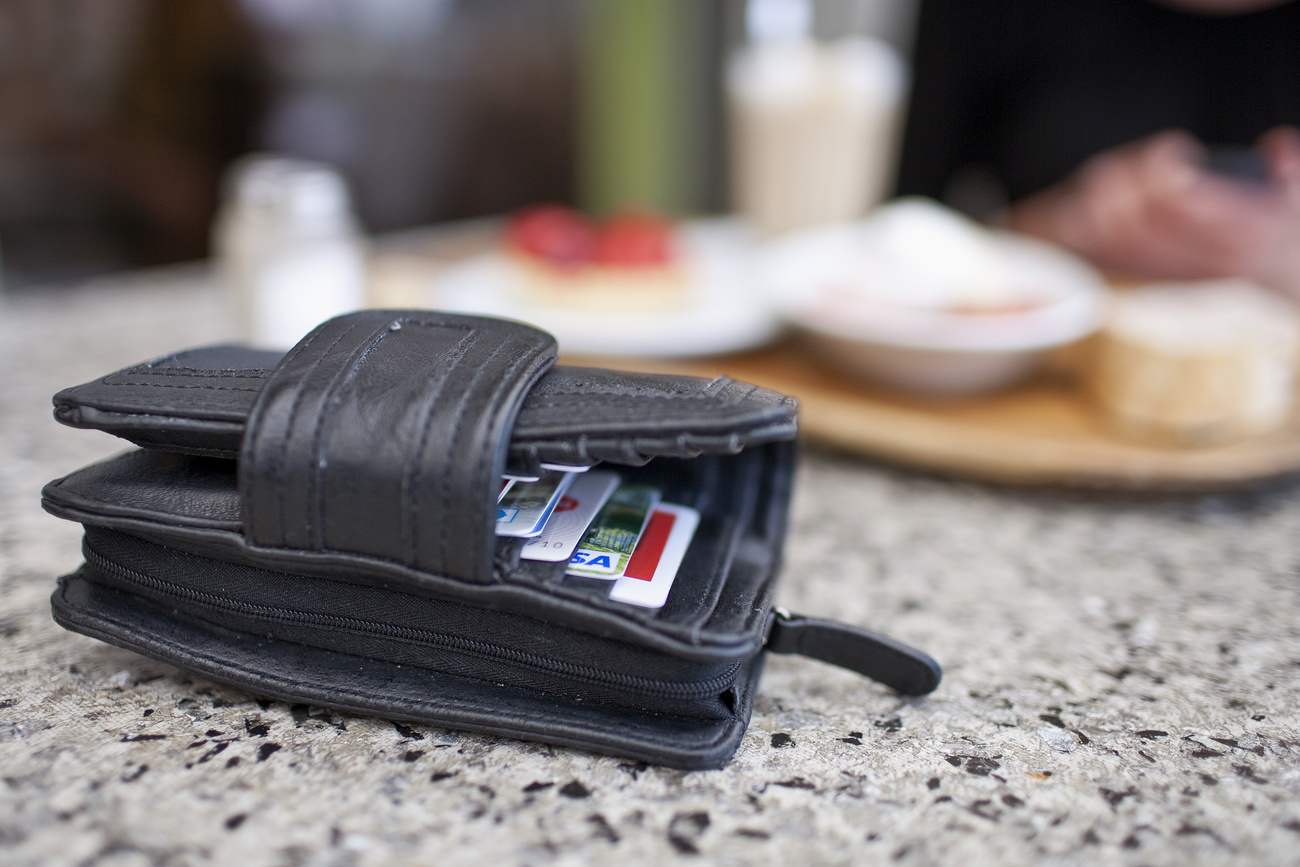
Cost of living: many Swiss expect less money in their wallets in 2023

Some 28% of Swiss expect to have less money in their wallets in 2023 than in the previous year, according to a survey. The main culprits are rising health insurance premiums as well as rent and mortgage interest rates.
In households with a low gross monthly income of up to CHF4,000 ($4,400), 38% expect to have to tighten their belts, the comparison service Comparis reported on Tuesday. Among households with a gross monthly income of CHF4,000 to CHF8,000, 30% expect a financial deterioration this year.
Broken down by language region, Ticino in particular is expecting a tighter budget: 39% of respondents there said they would have to cut back a lot. In French-speaking and German-speaking Switzerland, the figure was 19% each.
+ Swiss salary illusion: precarious cost of living sets off alarm bells
In addition, according to Comparis, an urban-rural divide became visible: a quarter of the rural population said they had to turn over every franc. In the city and agglomeration, it was 18% and 17% respectively.
Clear gender difference
According to Comparis, there was also a clear difference between the sexes: 31% of women were convinced that they would have less money available in 2023 than last year. Among men, however, it was only 23%.
In order to save money, the respondents mainly refrained from unnecessary spending and impulse purchases. More conscious shopping with an eye for discounts and comparing prices was also the result. In addition, discounters gained in attractiveness. In Italian-speaking Switzerland, significantly more respondents (60%) said they would shop abroad if they were in a financial bind. The average for Switzerland as a whole was a quarter.
The survey was conducted by the market research institute Innofact on behalf of Comparis. In August 2023, 1,011 people from all over Switzerland were surveyed.
This news story has been written and carefully fact-checked by an external editorial team. At SWI swissinfo.ch we select the most relevant news for an international audience and use automatic translation tools such as DeepL to translate it into English. Providing you with automatically translated news gives us the time to write more in-depth articles. You can find them here.
If you want to know more about how we work, have a look here, and if you have feedback on this news story please write to english@swissinfo.ch.

In compliance with the JTI standards
More: SWI swissinfo.ch certified by the Journalism Trust Initiative

























You can find an overview of ongoing debates with our journalists here . Please join us!
If you want to start a conversation about a topic raised in this article or want to report factual errors, email us at english@swissinfo.ch.